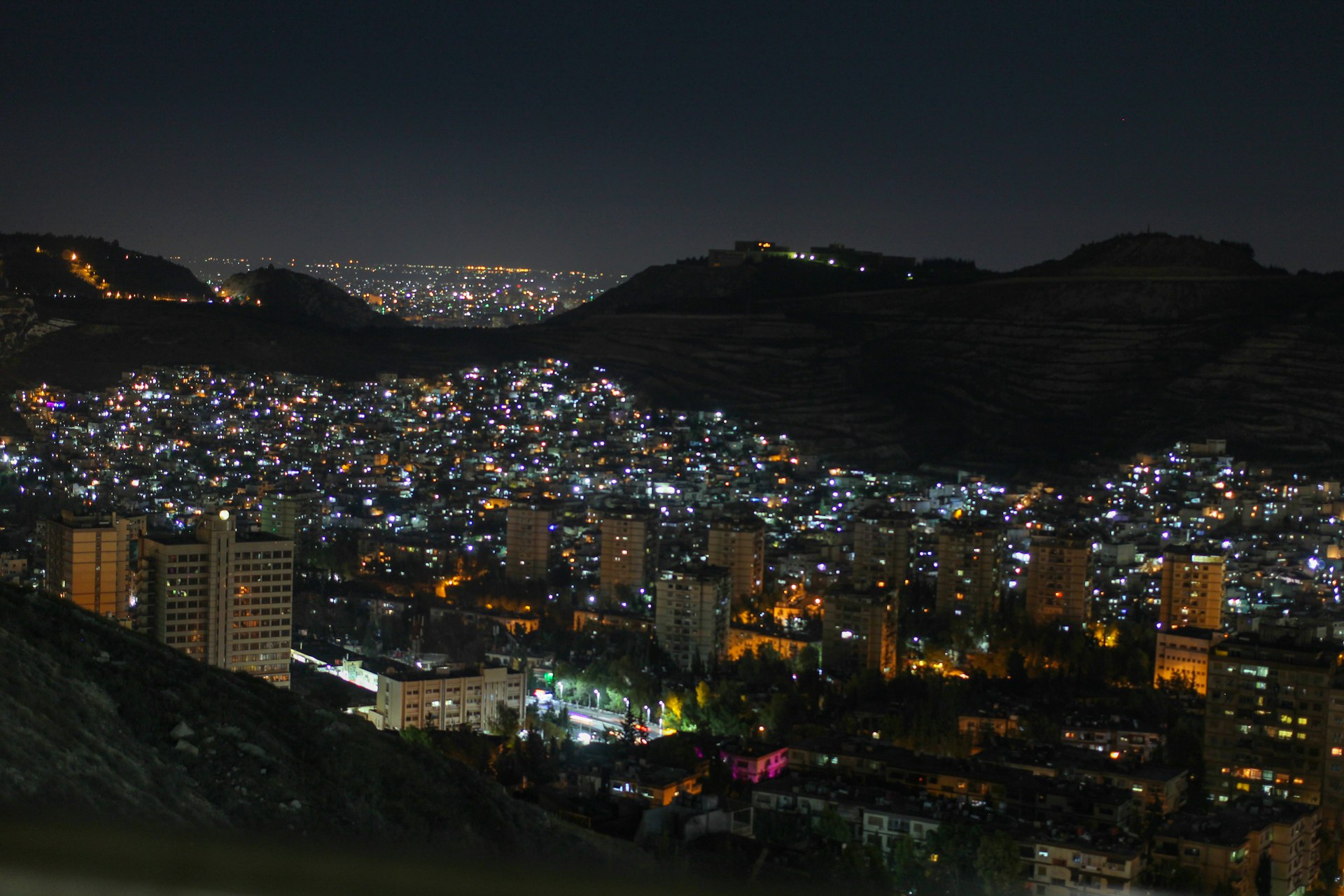Projects
Lebanon Response
Dozens of lives are lost daily across Lebanon because of intensive bombardment, 1.2 million people were displaced in two weeks, and nearly a quarter of a million people have crossed into Syria—both Syrian and Lebanese. This snippet of an unfolding tragedy, according to the UN High Commissioner for Refugees Philippo Grandi, reflects the difficult choices people are facing and echoes the UN’s call for urgent psychosocial support.
We are responding to the escalation of aggressive bombardment, and to the massive displacement of people across Lebanon, by mobilizing our specialists to support local relief groups on the ground. We help in equipping volunteers with psychological first aid skills as they step up their efforts to alleviate the suffering of people whose lives are under immediate threat. Remote access to emergency psychosocial training is necessary for first responders, especially those who have no access to such training in the field.
 Support our Lebanon Response Donate
Support our Lebanon Response DonateProject Syria
The people of Syria live in distressing circumstances, enduring the impact of a protracted conflict that is well into its second decade. Recent earthquakes have devastated physical structures and shaken people’s resilience. These catastrophic circumstances are made worse by a global economic crisis and fuel shortages, and the country is almost entirely isolated because of sanctions.
The social and emotional toll of these difficulties is hard to overstate, and for those experiencing them, there is no way out. According to a report by the UN Office for the Coordination of Humanitarian Affairs, one in ten people living in Syria have a mild to moderate mental health condition, and one in ten children need focused mental health care. Many of those who need life-saving assistance require specialized mental health and psychosocial support, in a situation that the 2023 report describes as acute.
In the city of Aleppo, with an estimated prewar population of 2.5 million people, no more than three psychiatrists remain active today. If we consider that psychiatry is the sole legal professional licensing in mental health practice in the country, the sheer volume of need becomes clear.
At Magenta Mind, we believe that rebuilding resilience starts from within. Our programming aims to raise awareness within local communities, to enhance the ongoing work of charities and other groups on the ground, and to enable future provisions for mental health knowledge and care.
We have so far:
- Trained over 55 community mental health workers and volunteers.
- Established ongoing engagement with five groups of trainees.
- Enhanced the content and number of mental health awareness courses on offer in several local schools in rural areas.
- Delivered over 36 contact hours between mental health specialists and local community groups.
 Magenta Mind is dedicated to empowering Syrian communities with better mental health resources and expert guidance, fostering resilience and well-being in the face of adversity. Donate
Magenta Mind is dedicated to empowering Syrian communities with better mental health resources and expert guidance, fostering resilience and well-being in the face of adversity. Donate